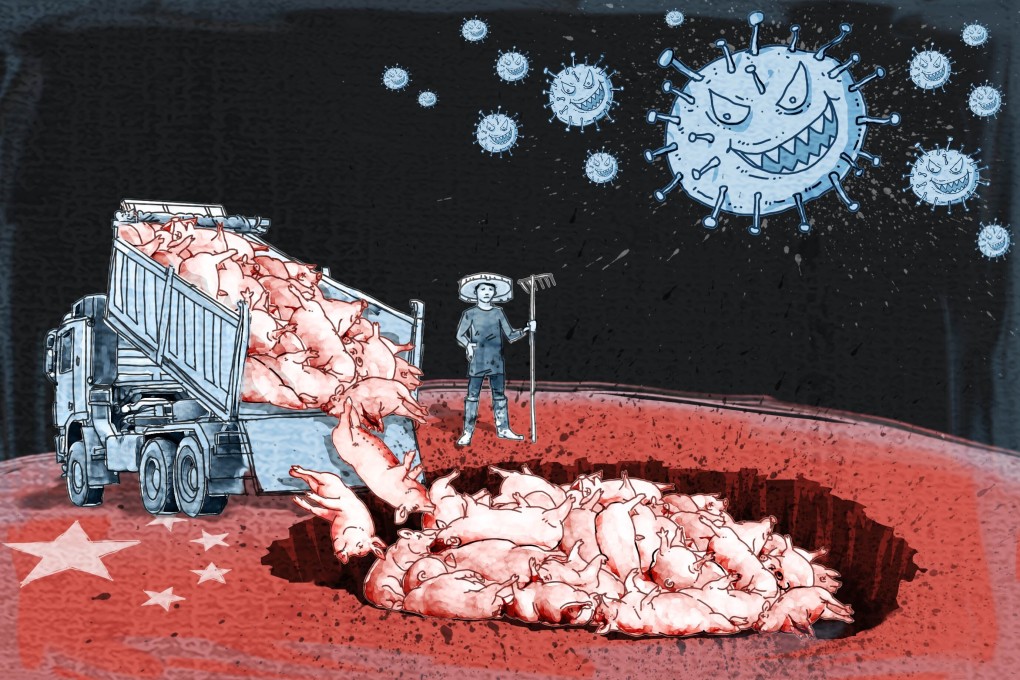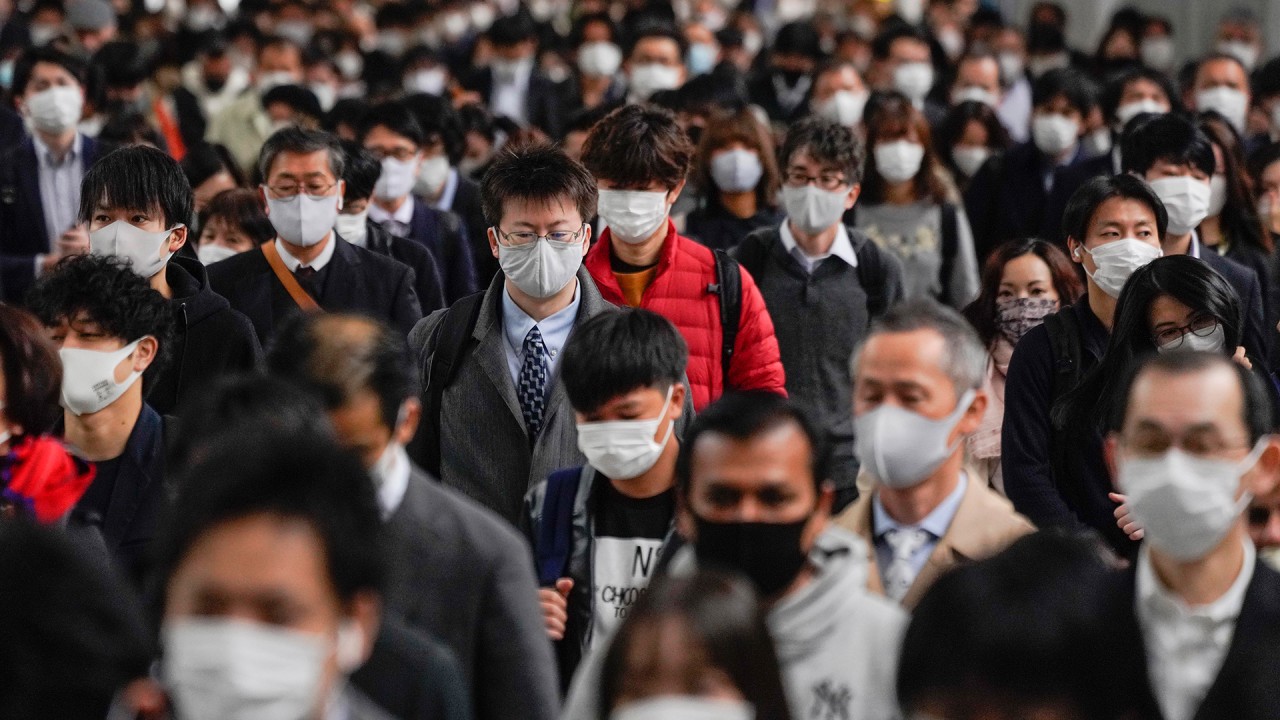Coronavirus: China will need an army of vets to defend against future pandemics
- A year after the first Covid-19 outbreak in Wuhan, the country’s animal public health system remains inadequate
- African swine fever exposed inadequacies in 2018 including a lack of qualified vets working in the field

This is the latest story in our series on the Covid-19 pandemic, a year after the first cases were reported in the mainland city of Wuhan. It explores the worrying gaps in China’s animal health services exposed by the new coronavirus, and what can be done to prevent future zoonotic diseases. Please support us on our mission to bring you quality journalism.
Covid-19, the disease caused by the new coronavirus, has taken at least 1.6 million lives, shackled the world economy, and should serve as the definitive warning of the costs of poor animal health, which still loom large for China and the world.
Three quarters of all human diseases have their origins in animal populations, according to the World Organization for Animal Health (OIE).
But, one year on from the first outbreak of Covid-19 in Wuhan, China’s public health system – particularly its animal health component – is still in need of an overhaul, along with an army of better trained, better paid veterinary surgeons, epidemiologists and other public health professionals to prevent the next pandemic.
“It’s absolutely shameful that in a modern society something like this African swine fever thing has been allowed to occur,” said E. Wayne Johnson, a Beijing-based veterinary surgeon and consultant at Enable AgTech.

04:14
Covid-19: coronavirus variants seen in Britain, South Africa spread worldwide